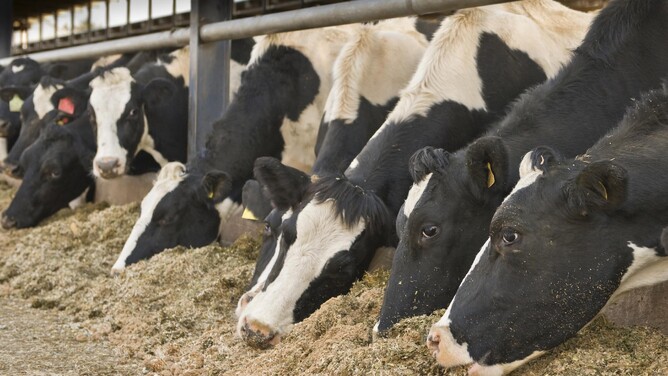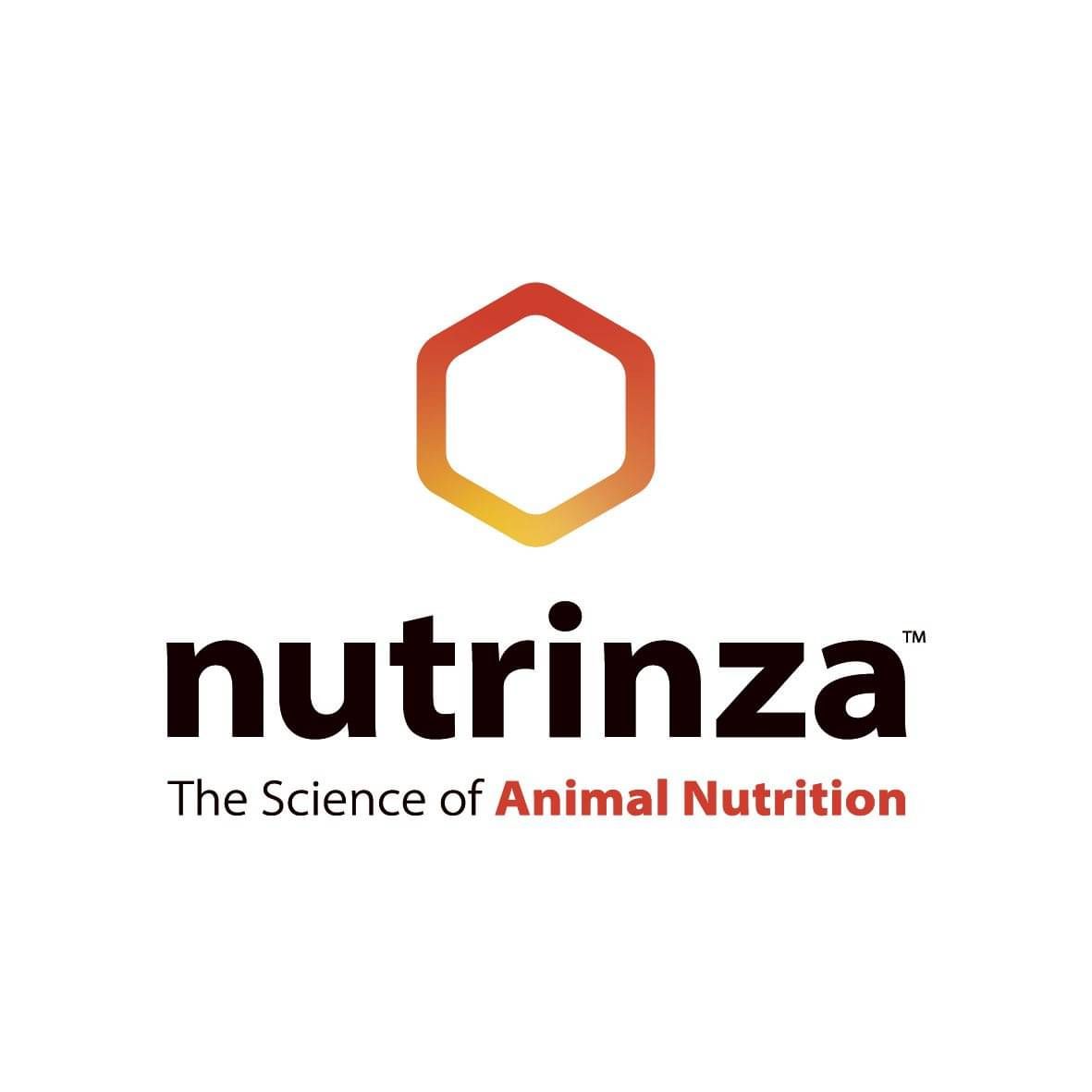As North Island dairy farmers face the challenges of low pasture covers and a reduced milk price, it’s vital they implement a feed strategy that ensures their herd is well-fed leading into peak milk production and mating whilst taking pressure off the pasture to build cover and keeping within Fonterra’s Fat Evaluation Index (FEI).
Nutrinza managing director Warren Morritt says a feed strategy using high-fibre supplements that also meets the herd's energy and protein requirements is “essential” to maintain the herd’s well-being, minimise weight loss and protect production as we wait for pasture growth rates to improve.
“Many farmers are worrying about feed supply, particularly in Northland, Bay of Plenty and the Waikato where wet weather has impacted pasture growth,” Morritt says.
“They’re looking for cost-effective ways to sustain and improve their production and have found High Fibre Feed to be a great option,” he adds.
High Fibre Feed is a safe feed that can be fed at high rates due to its low starch and high fibre which is easily digestible.
It also has the added bonus of higher protein levels to that of Palm Kernel Expeller (PKE), being around 18% protein, making it a good substitute for pasture when pasture is in short supply - as is the case now.
It has a significant advantage in its low impact on FEI, which means feed rates of up to three or four times that of PKE are possible, making it a highly feasible and affordable alternative.
Morritt also recommends Soya Bean Hulls, which like High Fibre Feed, are an excellent feed, and a source of highly digestible fibre, capable of replacing both fibre and a portion of the grain in the diet due to their energy content and digestibility.
“Soya Bean Hulls positively impact intake and digestibility when included in diets with forage. This product can be fed from 0.5-5kg per cow per day and has higher milk production responses than that of PKE.
Citrus Pulp Pellet, a by-product obtained from the citrus juice industry, boasts a highly soluble carbohydrate, has around 23% sugars content and easily digestible fibre content, making it an excellent energy source.
This is a highly palatable feed and is like a lolly for the cows making it a good inclusion in the diet when feeding minerals supplements in the bale.
“Research shows that Citrus Pulp can increase milk fat content by enhancing acetic acid production in the rumen. The presence of Limonene, an essential oil in Citrus Pulp, also exhibits anti-methanogenic properties in vitro, suggesting there may be a reduction in methane production from the rumen when feeding citrus pulp pellets.
“Citrus Pulp sugar content and high energy content (approximately 12.5 MJME/kgDM) make it a great way to provide the sugar that pasture has been low in so far this season, due to the lack of sunshine experienced to date. However, its inclusion should not exceed approximately 30% of the diet, and higher inclusion rates may require phosphorous supplementation,” he says.
If protein becomes a limiting factor for production, Sunflower Meal is a useful option. It provides high protein and fibre levels with moderate energy content, making it an ideal supplement when pasture is in short supply. With a higher percentage of rumen degradable protein, Sunflower Meal serves as a safe feed for all ruminants due to the high fibre content.
Morritt stresses that every herd is unique and that farmers should chat with their local consultant in the first instance for the best advice.
“It’s important we understand your situation so we can recommend the right feed options to meet your individual needs and the well-being of your animals’ health.
“Nutrinza can custom blend to farmers’ requirements. We have fully computerised and FeedSafe-accredited blending plants in Mount Maunganui, Stratford and Marsden Point, which ensure accurate and homogenous mixing of your feed and minerals. Blends are also available from our other regional stores.”

